If this part of the region of Centro de Portugal leaves the visitor only one impression, it will be this; the feeling of being part of a land where the past and the future are connected unbreakably by the desire to protect every aspect of its heritage; natural, historical, agricultural, cultural, social and gastronomic. In the endemically unique streets of the hilltop town of Monsanto, where the houses are literally built within the gargantuan boulders which cover the landscape, you will experience a vibrancy belying its origins as an ancient place of refuge and protection. This is Beira Baixa Heritage.
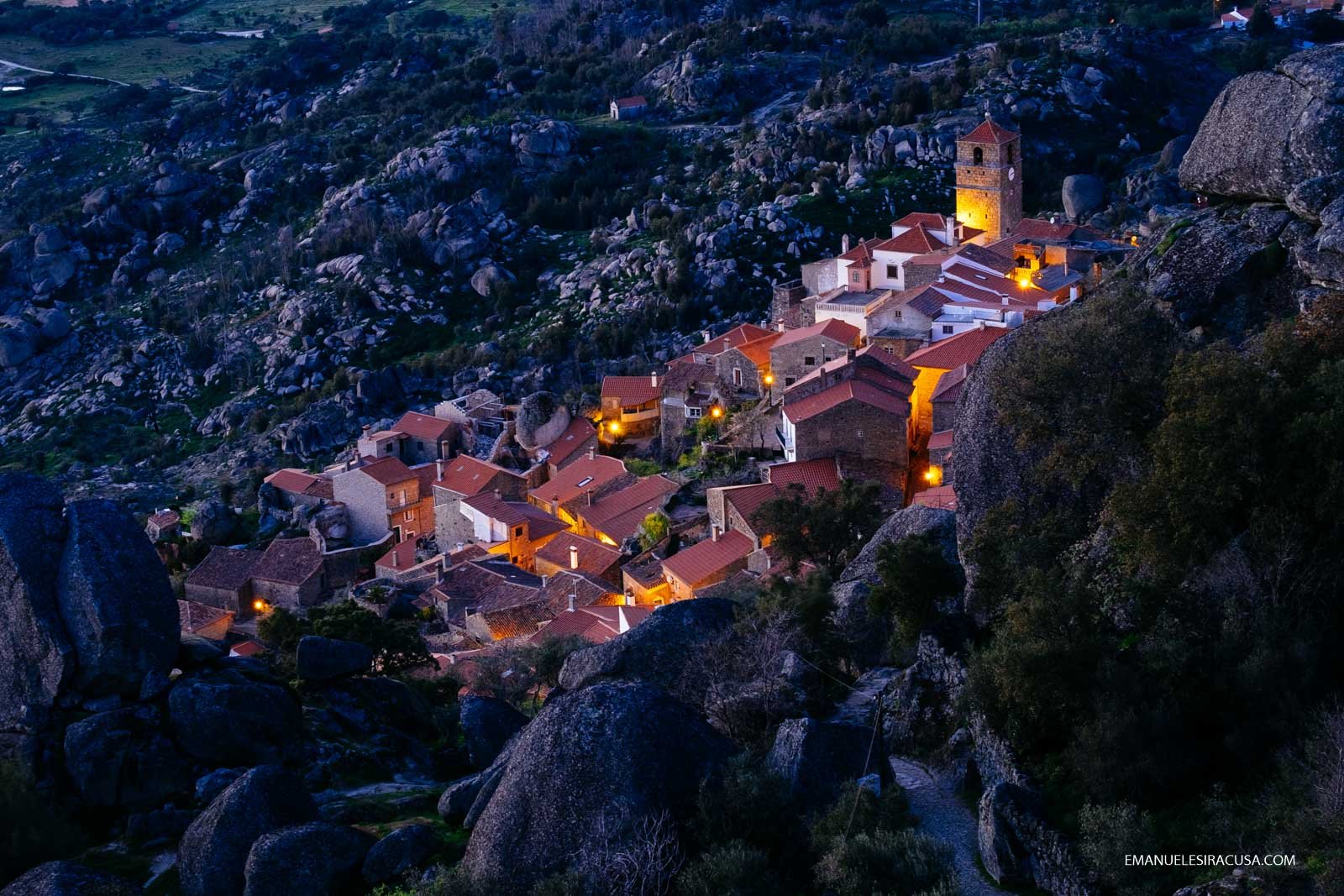
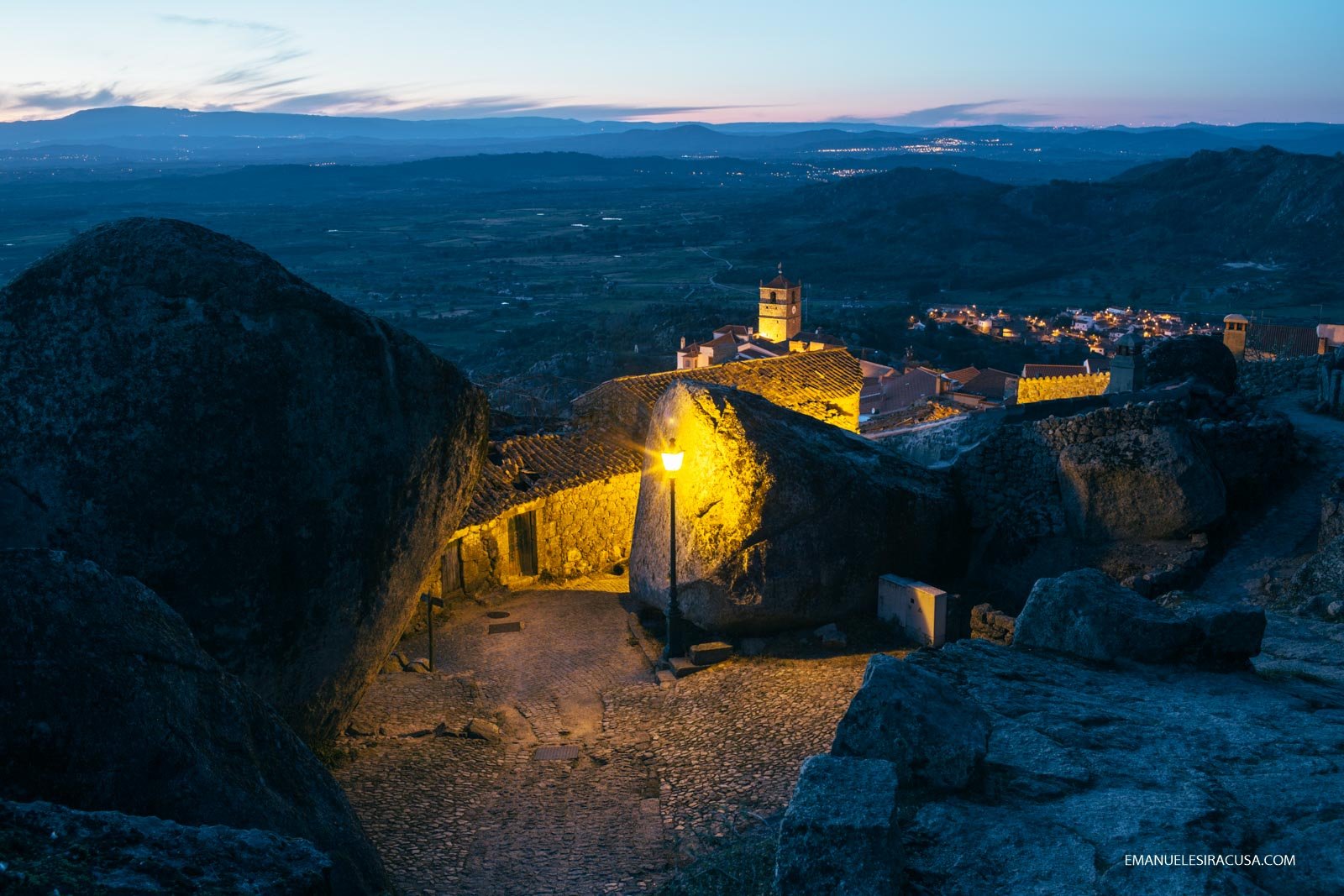
Its narrow, steep streets house artisan boutiques and fine dining restaurants, local bakeries, hostelries and ethnographic museums recounting the history of the owners’ precedents, the homes of craftsmen and women and those sworn to retaining their heritage and handing it tenderly to those who will follow. Despite Monsanto’s links to a long distant past the air is full of freshness and hope, life and the willingness to live it fully with every breath, every street corner conversation and every wave or smile to every new visitor.


Another example of Beira Baixa Heritage is the nearby fortress village of Penha Garcia, where groups of hikers and adventure cyclists rest in the town’s square and drink from the clear fresh water flowing from its fountain. They break bread fresh from the oven of the village bakery, take tea and cold drinks in the shade of a welcoming bar where farmers talk of the land and the weather and make plans for the future amongst friends and neighbours, stopping to take the time to welcome the newcomer and raise a smile on their faces.


Beira Baixa Heritage
From the battlements of the castle of Penha Garcia, as storks take flight over the valley below you, the view across the plain will enforce the idea of a people connected to the earth and its past. On the banks of the river Erges which run through a gorge beneath the town’s walls is the Naturtejo Geopark and a man named Domingo who has spent the past twelve years restoring and maintaining an ancient flour mill, an interpretive centre where visitors can discover the area’s geology and the story of the many ancient fossils which are embossed and embedded in the living rocks of the valley.


Domingo’s is a labour of love, meticulously tending the pathways so beloved by the hill walkers and hikers who come here from the world over to marvel in the rich tapestry of its history, the welcome of its present and who acknowledge the dedication to its future. In the historic town of Idanha-a-Velha you can wander among the ruins of the town’s Roman past. Idanha-a-Velha may have the appearance of a sleepy backwater, over which an ancient Roman bridge still carries traffic, the central square with its classic stone church, and a place where cats doze in the bright sunshine unbothered by life as it goes on around them, but even here there is a vibrancy.
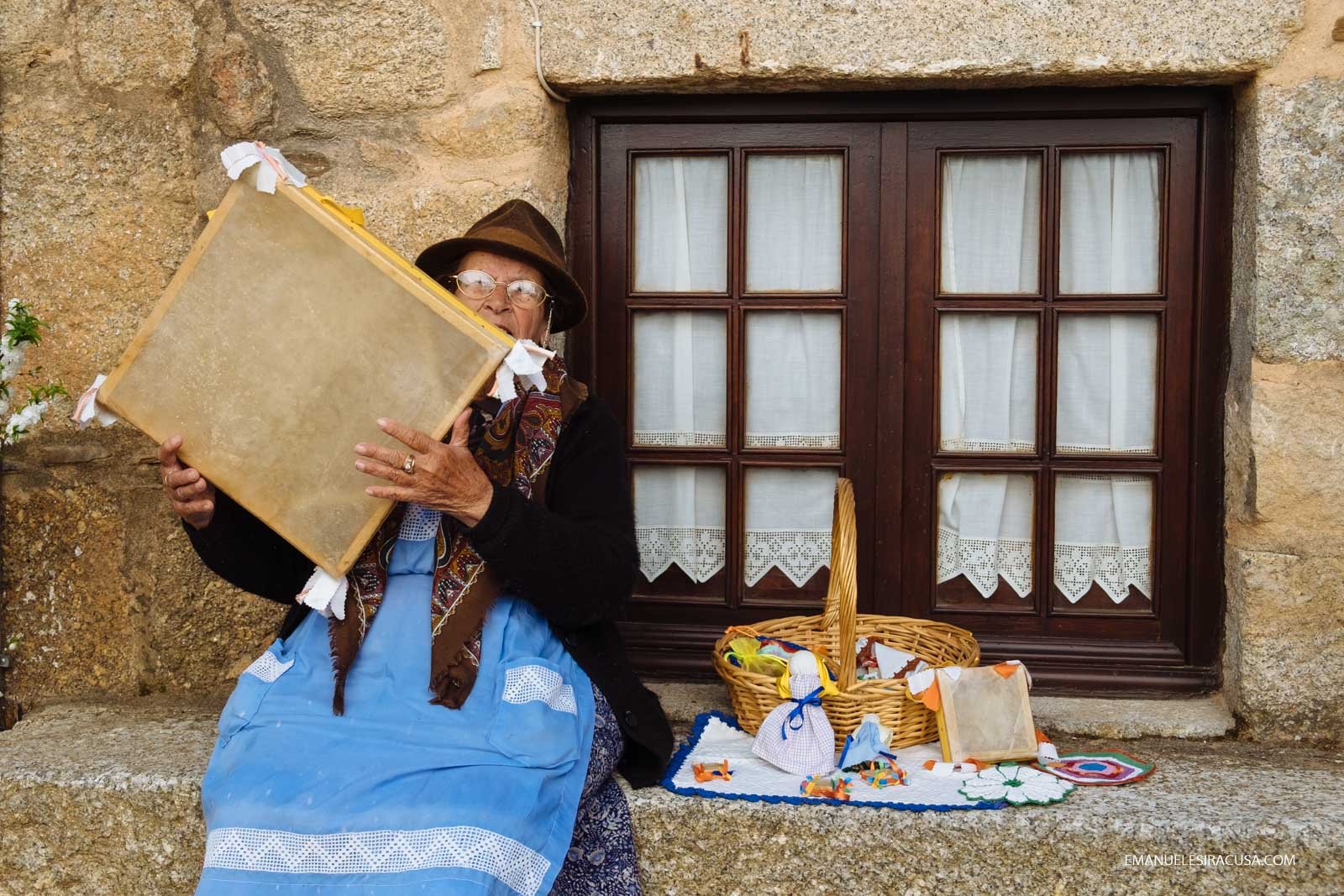
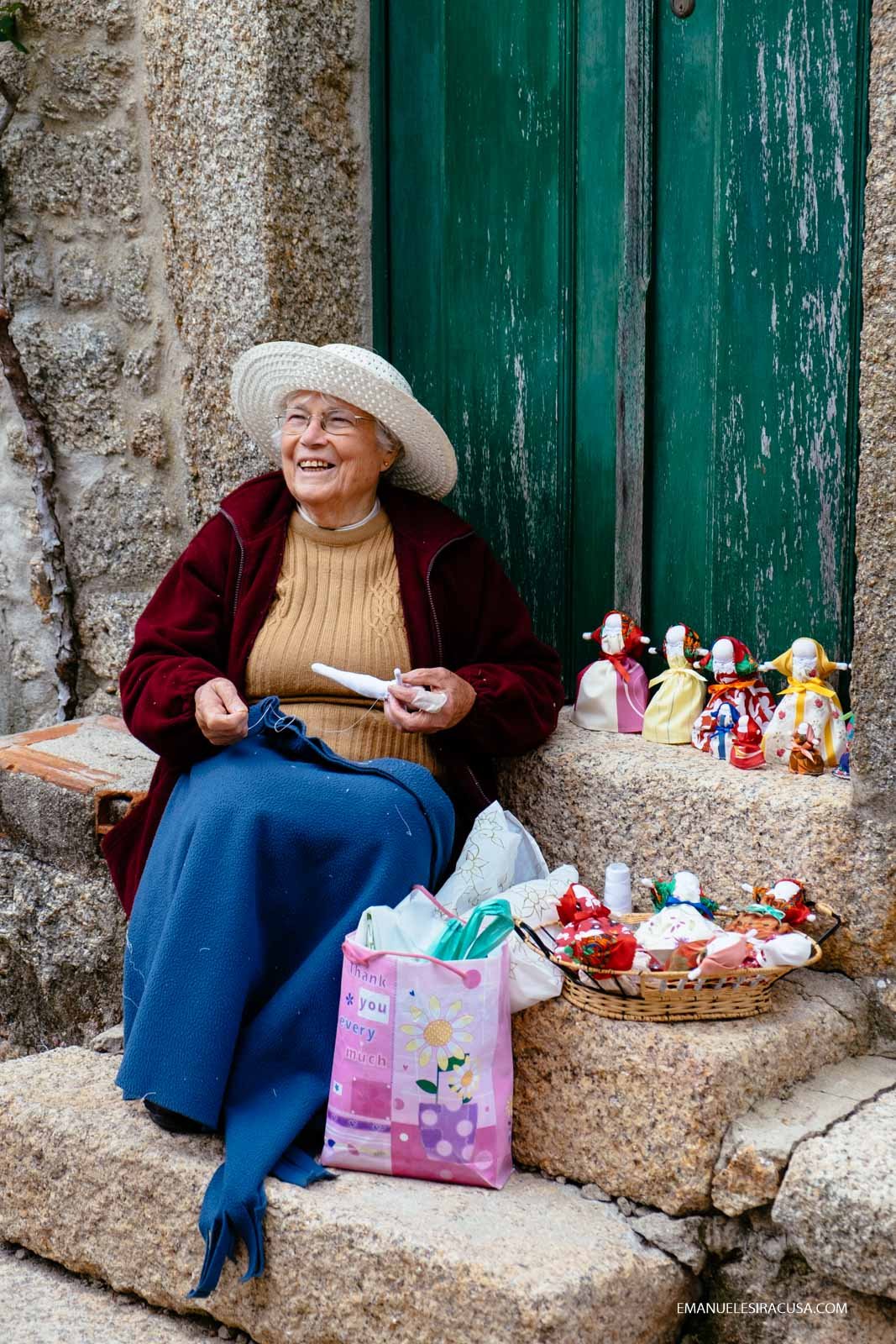
A prime example of Beira Baixa Heritage are the old ladies who sell their handicrafts next to a modern restaurant and tourists flock to soak up the welcome that is offered everywhere. There is a silence and stillness which calms the soul in every ancient street and cobbled alleyway. But that is not unusual across the whole region. It is by getting lost on lonesome country roads where the greatest encounter will occur. Where villages unchanged in centuries will give up their secrets and where the locals are happy to regale you with song and story. Where stopping at a small countryside bar will have you slavering over another local delicacy conjured up from a hidden backroom kitchen.
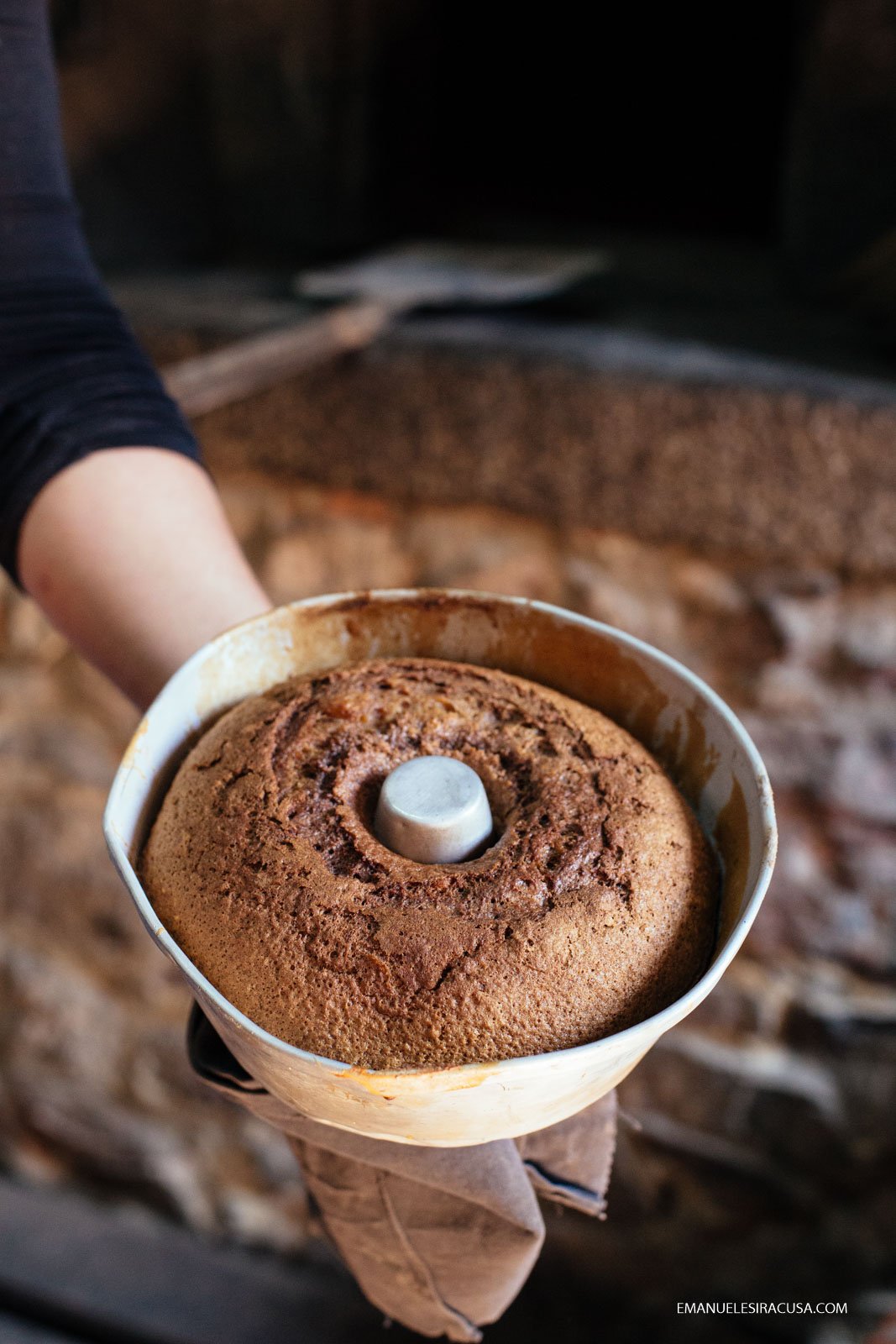
Stopping on any country road before sunset will offer a masterpiece of wildflowers, a concerto of birdsong, mountains silhouetted against skies only imaginable on a painter’s palette and the serenity of flocks of sheep grazing silently beneath the leafy branches of olive and oak groves. There is no need to rush here. Life is lived at a different pace. Nature is respected and protected by a people who wear a smile on their face and a welcome in their handshake.
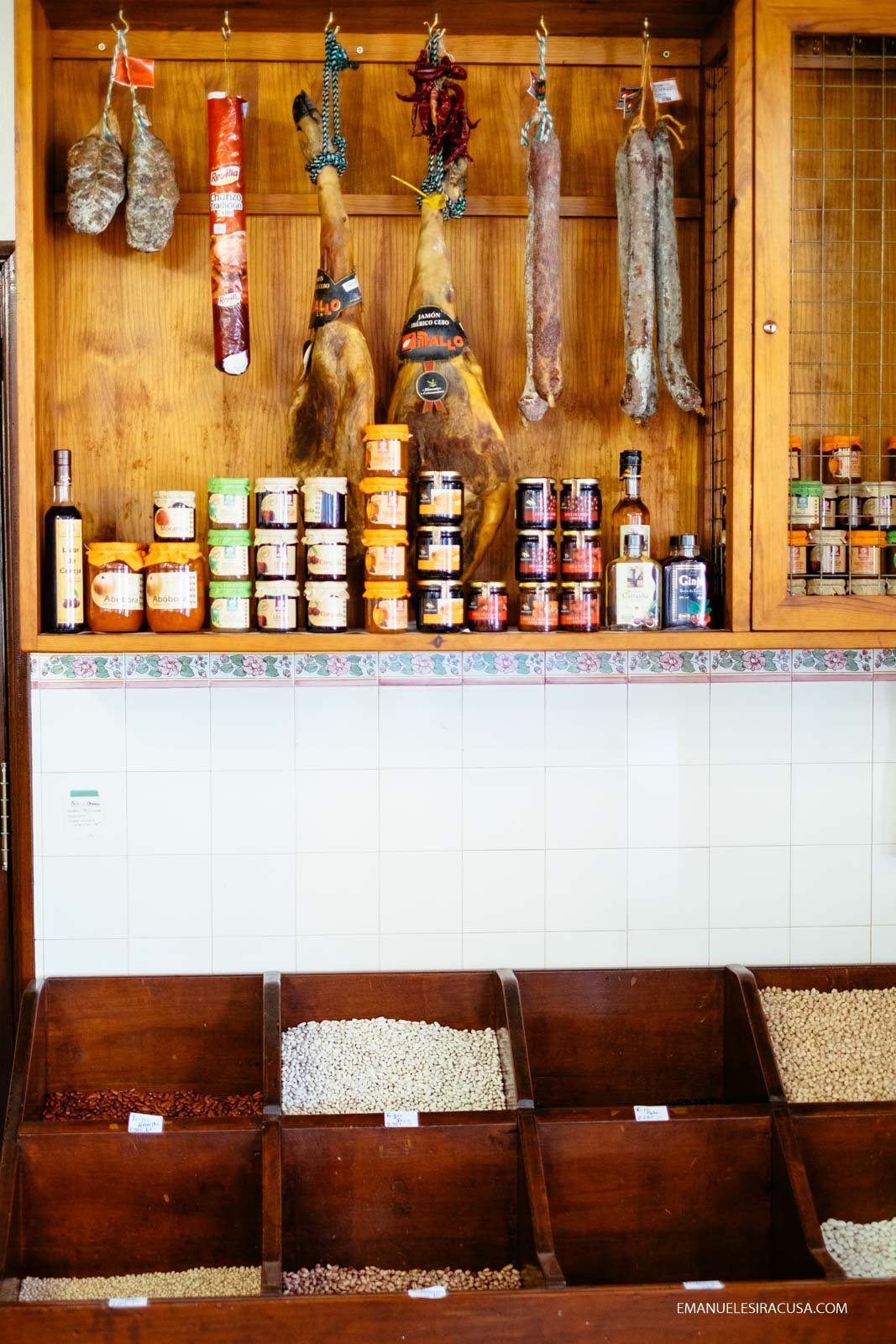

This Beira Baixa Heritage post is a part of a series of 9 posts I wrote based on my journey to Beira Baixa in March 2016. Please find the links o the other articles bellow:
Beira Baixa in Centro de Portugal
Belmonte in Centro de Portugal
Parque Natural do Tejo Internacional
Portuguese Cherry Daiquiri Recipe
Portuguese Beira Baixa Olive Oil
Disclaimer:
This Beira Baixa Heritage post was written by my inspiring friend Brendan Harding as part of my ongoing collaboration with the Centro de Portugal Tourism Board. All opinions are my own. Photo credits to my inspiring friend Emanuele Siracusa.
Brendan Harding
My name is Brendan Harding and I was born and raised in Ireland – that small teddy-bear-shaped island which clings to the edge of the European landmass.
6 Comments
Add comment Cancel reply
This site uses Akismet to reduce spam. Learn how your comment data is processed.



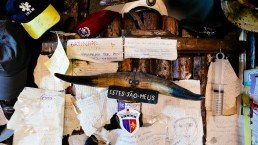


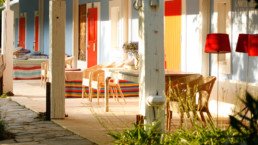
[…] Beira Baixa Heritage […]
[…] Beira Baixa Heritage […]
[…] Beira Baixa Heritage […]
[…] Beira Baixa Heritage […]
[…] Beira Baixa Heritage […]
[…] Beira Baixa Heritage […]